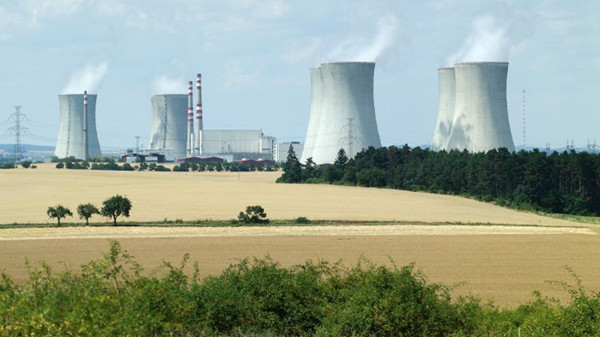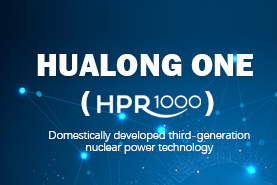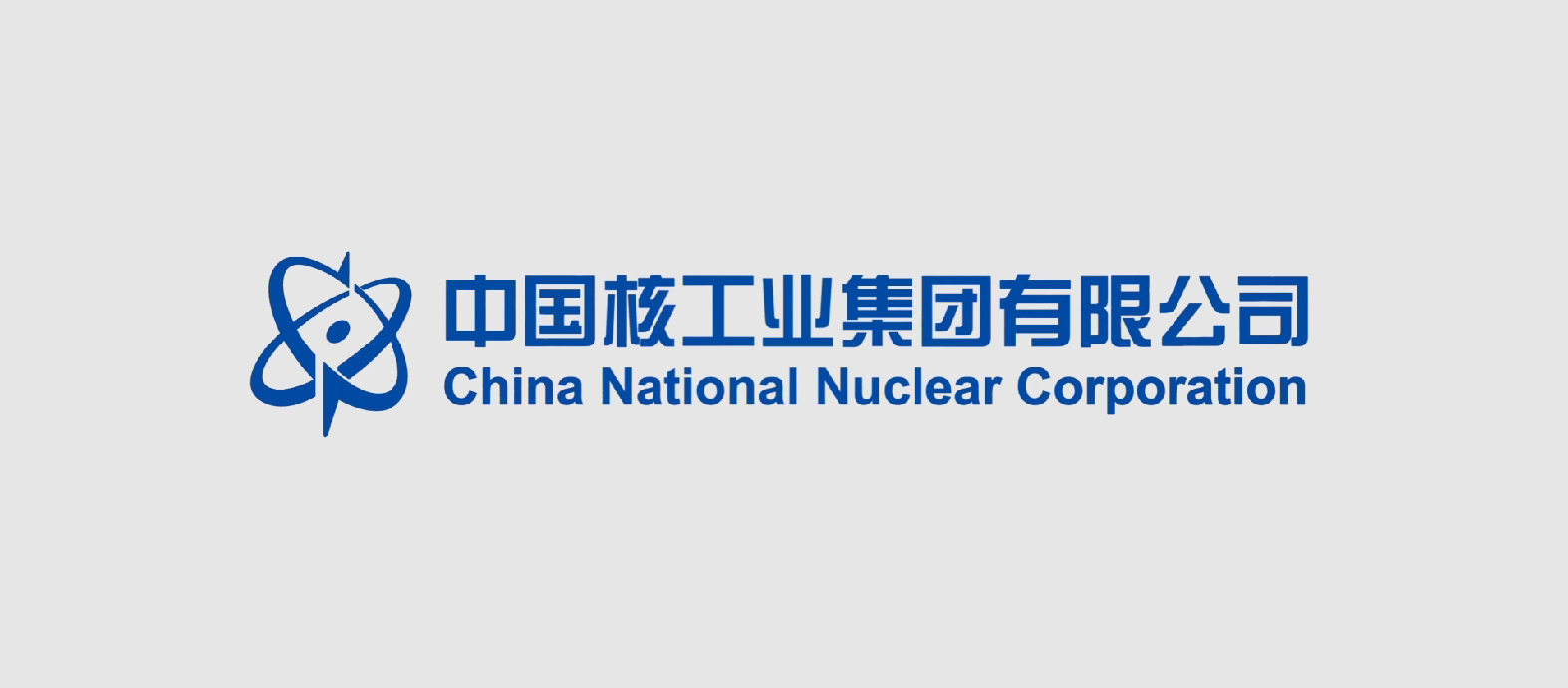Dukovany expansion agreement expected soon, says minister
The agreement between the Czech government and utility ČEZ on the construction of a new unit at the Dukovany nuclear power plant will be published within a few weeks, Minister of Industry Karel Havlíček said on 11 February. Havlíček was speaking to journalists during his visit to the plant, and his comments were reported by ČTK news agency the same day.

The Dukovany nuclear power plant (Image: ČEZ)
Six companies are understood to have shown interest in building new nuclear units in the Czech Republic - China General Nuclear, EDF, Korea Hydro & Nuclear Power, Rosatom, Westinghouse, and the Atmea consortium of Mitsubishi Heavy Industries and EDF. However, Vladivoj Reznik, a member of the Czech government-appointed team supervising the Dukovany project, has reportedly said the Atmea joint venture now no longer plans to participate.
Havlíček confirmed the timetable for the new unit outlined by Prime Minister Andrej Babis in November last year: the reactor vendor will be selected by the end of 2022 and a construction licence issued by 2029, with commissioning expected in 2036.
"We are absolutely determined to have a new nuclear power unit; it is an immutable fact that cannot be reversed, even by a millimetre," Havlíček said.
Operation of the existing four VVER-440 units at Dukovany, in Vysočina Region, is to be extended to 60 years, meaning that the fifth unit would be working alongside them for about 10 years when they are retired between 2045 and 2047.
To help with this plan, ČEZ is preparing two projects to reduce the plant's consumption of cooling water, which is pumped from the Jihlava river via the Mohelno reservoir. The first could save up to eight million cubic metres of water per year (mcm/yr) by reducing deposits in cooling towers, Bohdan Zronek, director of the nuclear energy division at ČEZ, has reportedly said. The second project will involve testing water treatment technologies at the reservoir, which could save 10-16 mcm/yr. The plant currently uses 55 mcm/yr.
Researched and written by World Nuclear News


